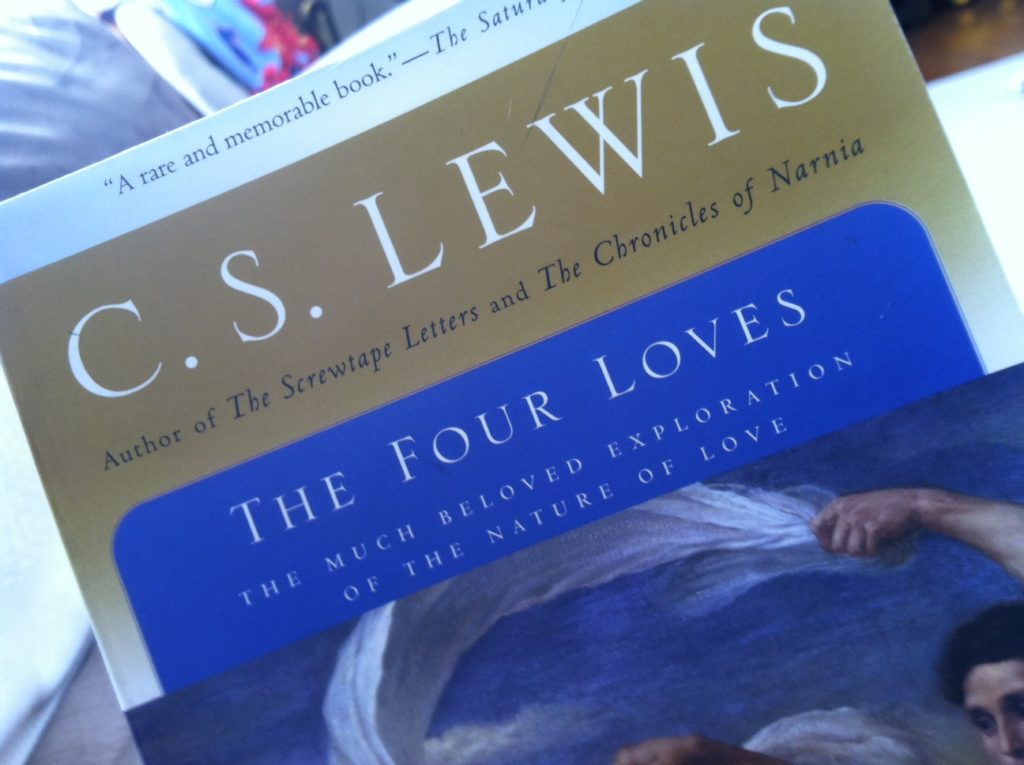The ongoing problem with humanity is not that we are so heavenly minded that we’re no earthly good; rather, it’s the opposite: we’re so earthbound that we’re no good to heaven. We keep thinking that this world that we see around us, and those who populate it, will fulfill all our hopes. If we think that, we are terribly off-base.

“The settled happiness and security which we all desire,” remarked C. S. Lewis, “God withholds from us by the very nature of the world.” So, is God a sadist, wanting to make life miserable for us? Not at all, says Lewis. We have plenty of fun, and that too is from the hand of God. But there is a danger inherent in that: “The security we crave would teach us to rest our hearts in this world,” which would blind us to the only security that matters—being in the hands of God eternally. “Our Father refreshes us on the journey with some pleasant inns, but will not encourage us to mistake them for home.”
Our only true home is in the presence of God. We’re always trying to substitute our concept of human love for the real thing. For some people, the only appeal heaven offers is that they believe they will be reunited with those who have died before them. That’s a false image of heaven’s bliss.

Lewis wrote The Four Loves to help us understand better what that vague and often misused word “love” means. “We were made for God,” he explains. “Only by being in some respect like Him, only by being a manifestation of His beauty, lovingkindness, wisdom or goodness, has any earthly Beloved excited our love.” In other words, the reason we love someone in this earthly life is because there is something in that other person that radiates some aspect of God and His love. The character of God Himself is the basis of all manifestations of love in the earthly realm. We need to love people from the right perspective. Lewis continues,
It is not that we have loved them too much, but that we did not quite understand what we were loving. It is not that we shall be asked to turn from them, so dearly familiar, to a Stranger.
When we see the face of God we shall know that we have always known it. He has been a party to, has made, sustained and moved moment by moment within, all our earthly experiences of innocent love. All that was true love in them was, even on earth, far more His than ours and ours only because His.
Those are the eyes through which we need to see everything even now. When we cast aside our limited idea of love and finally grasp, with our whole hearts, that God is love (a statement made so often nonchalantly that we rarely stop to consider its deep meaning), everything falls into its proper place. Lewis concludes,
In Heaven there will be no anguish and no duty of turning away from our earthly Beloveds. First, because we shall have turned already; from the portraits to the Original, from the rivulets to the Fountain, from the creatures He made lovable to Love Himself.
But secondly, because we shall find them all in Him. By loving Him more than them we shall love them more than we now do.
There’s the key: the more we love God, the more we will love those whom He has made in His image. We see portraits of His love in others, but He is the Original. We experience rivulets of love now, but there is a Fountain from which those rivulets have their source. Others can be lovable only because they emanate from Love Himself.
We don’t lose anything by loving God above all else. It’s only by loving Him in this way that we gain everything else.

